|
Advertisement
|
Cenne

DescriptionAccording to Mancala World: Cenne (literally "beautiful" in Tulu) is a mancala game of the Tuluva in Southern India with several unusual game mechanisms, some of which remind of the totally unrelated Ethiopian game of Lamlameta. It was first described in 1986 by the ethnologue Peter J. Claus, professor at the State University of California at Hayward (USA). The game plays an important role in the Siri cult of South Kanara. It is prohibited to play the game after the rice seedlings (neji) are in the growing fields and up to harvest time. There is an old custom in the Bant caste of playing the game by the male head's of the boy's and girl's families during the marriage negotiation ceremonies (niscaya). It is regarded a good omen if the girl's party loses. The game is also often associated in Siri legends. Another prohibition is to lend out the board overnight and gambling. More prohibitions concern the players. Sisters are not permitted to play the game together (not even classificatory sisters, e.g. a woman with her husband's sister), nor are brothers (including classificatory brothers, e.g. mother's brother and sister's son), nor husband and wife. The game is not normally played among men except in association with marriage alliance. The social prohibitions coincide with an asymmetrical relationship within families characterized by potential feelings of jealousy, competition, aggression and self-interest which could destroy the strength and unity of a matrilineal family. The Cenne board is usually made from hard, dense wood such as rosewood or ebony. The counters are the small seeds of the arnotto tree (Bixa orellana), the coral tree (Erythrina caffra) or cowrie shells. Rules: The board called mane has 14 holes (variously called guri ("pit"), illu ("house") or kone ("room")) arranged in two rows and two larger hollows at either end used for storing captured seeds. Each player owns the store to his right. Initially there are four seeds (parelu or kayi) in each hole. On his turn a player distributes the contents of one of his holes in the ensuing holes, one by one, in a counterclockwise direction. If the last seed falls into an occupied hole, its contents are lifted for another lap. During a move a seed may not be dropped into a hole containing three seeds (called murte) unless the player has just one seed seed in his hand. In rare circumstances all holes may have three seeds. If the player still has one or several seeds in hand, he puts these in the hole to his far right (called atappe ("heap")) without capturing them. The opponent then takes the three seeds from his heap and drops one of them in his opponent's heap, another one in that hole from which he removed the seeds and the last one in the next adjacent hole on his side, giving it four seeds, which he then captures, thus ending the move. This seed, which would become a singleton, is called jeppe ("sleeper") and may not be used to begin the next turn. If the last seed in hand is placed into a murte, its contents becomes wanasu ("meal"), that is, all four seeds are captured and put in the player's store. Afterwards the player continues his move by distributing the seeds of the following hole. The move ends when the last seed is placed in an empty hole, when the hole following a wanasu is empty or after an atappe play. The game is played until a player can demonstrate at his turn that in four consecutive draws he does not have to place a seed in one of his opponent's holes. That player wins the seeds that are still remaining on the board. The player who captured more groups of four has won the round. The successive rounds are played by filling the holes on the player's side with his winnings. Holes that cannot be filled are not used in the next round. It is possible, albeit difficult, to reconquer lost holes. Seeds that are not used in the round are stored as if they were captures. The game is over when at the beginning of a round a player can fill less than four holes. The phrase to claim victory is poli maipunu ("plunder"). Game DiscussionsAdd CommentYou need to be logged in to comment. Insert Bullet List Please enter at least one item. Item: Item: Item: Item: Item: Insert Numeric List Please enter at least one item. Item: Item: Item: Item: Item: Insert Link Please enter the link of the website Optionally you can add display text Insert Email Please enter the email address Optionally add any display text Insert Image Please enter the link of the image Insert YouTube Video Please enter the link of the video MarketplaceNo listings at the moment. Do you own this game? Click here to list it for sale.
|
Best Sellers
Board Games
|
||||
Latest Searches: ConA0 | hot shot | Viking | Mandalorian dark saber | SATORI | ugly dolls | Weer Wolves | stars hollow monopoly | Tripolgy | Myrtle-Beach-Opoly Collectors Edition-Monopoly Game | Chakras | age of empires | Golden mile board game | eclipsium | dark | happy wheels | card shuffler | Pie in face slap game | so | Ogden-opoly | travel chinese checkers | harry potter monopply | wallace and gromit | risk lord | Melbourne | rugrats turn the house upside down | bell | West Bank monoply | Nerf+Super+Soaker+DartFire | Spank opoly
All Rights Reserved

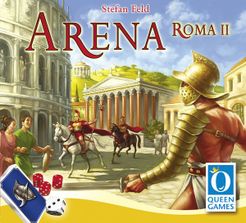
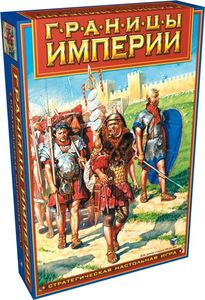


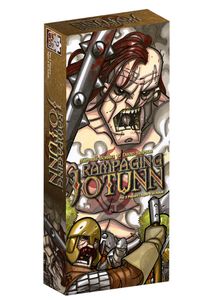
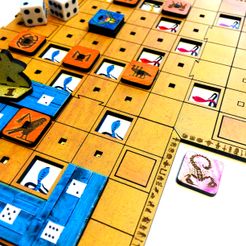

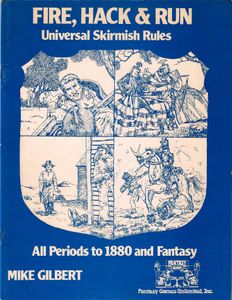


Comments (0)